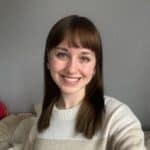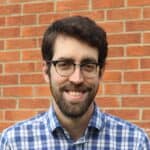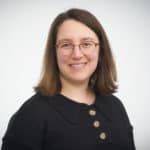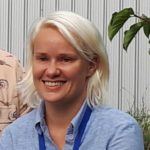-
Asked by Jonah on 4 Apr 2025.0
Question: Why do a PHD?
- Keywords:
-
Christina Schoettler answered on 4 Apr 2025:
A PhD teaches you how to approach research. How to plan answering a science question and work your way towards answering it.
-
Jayalini Assalaarachchi answered on 9 Apr 2025:
A PhD is when you focus on a small part of something large. It is curiosity. You come across something and learns no one has figured out why or how it happens. At least that is how it is in the sciences. So, you do a PhD to figure it out and what you learn is then added to world’s knowledge. It is like fitting in the jigsaw puzzle piece (the PhD in this case) into that almost-completed jigsaw puzzle (the subject under study)! A PhD also helps if you want to progress in a science-related career.
-
Charlotte Slade answered on 1 Jul 2025:
That is one of the biggest and best questions anyone who loves science can ask. It’s a huge decision, and people do it for a very special reason.
Think of it like this:
Getting your first degree at university is like learning to read a map of the world. You learn about all the amazing places that other explorers have already discovered and drawn. You become an expert navigator of existing knowledge.
Doing a PhD is your chance to become the explorer who draws the next part of the map.
Imagine science is that giant, ever-expanding world map. When you start a PhD, a professor who is a master explorer gives you a small, blank corner of that map and says, “No one knows for sure what’s in here. Your job is to go find out.”
For the next few years, that little blank spot becomes your entire world. You learn to use all the most advanced explorer’s tools (like powerful microscopes or complex computer models). You design your own expeditions (your experiments), and you follow trails that sometimes lead nowhere, which is a really important part of the process!
And then, one day, you find something. A new discovery, a new understanding, a new invention. You get to be the very first person to draw that new feature on the world’s map of knowledge.
The moment you finish your PhD, you are officially the world’s #1 expert on that tiny piece of the map.
But the real secret is what that journey does to you. It teaches you how to solve problems that have no answers in a textbook. It trains you to think critically, to be resilient when experiments “fail,” and to build something new from nothing but your own curiosity. It’s like getting a superpower: the power to teach yourself absolutely anything.
That’s why I did one. I wanted to go beyond just learning about science; I wanted to be one of the people building it.






Comments